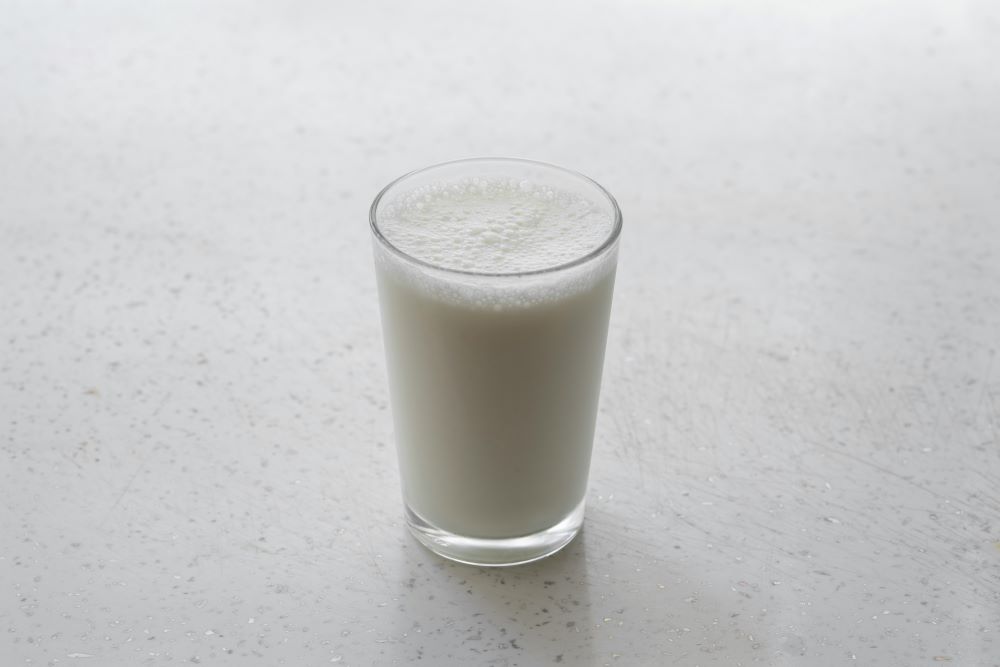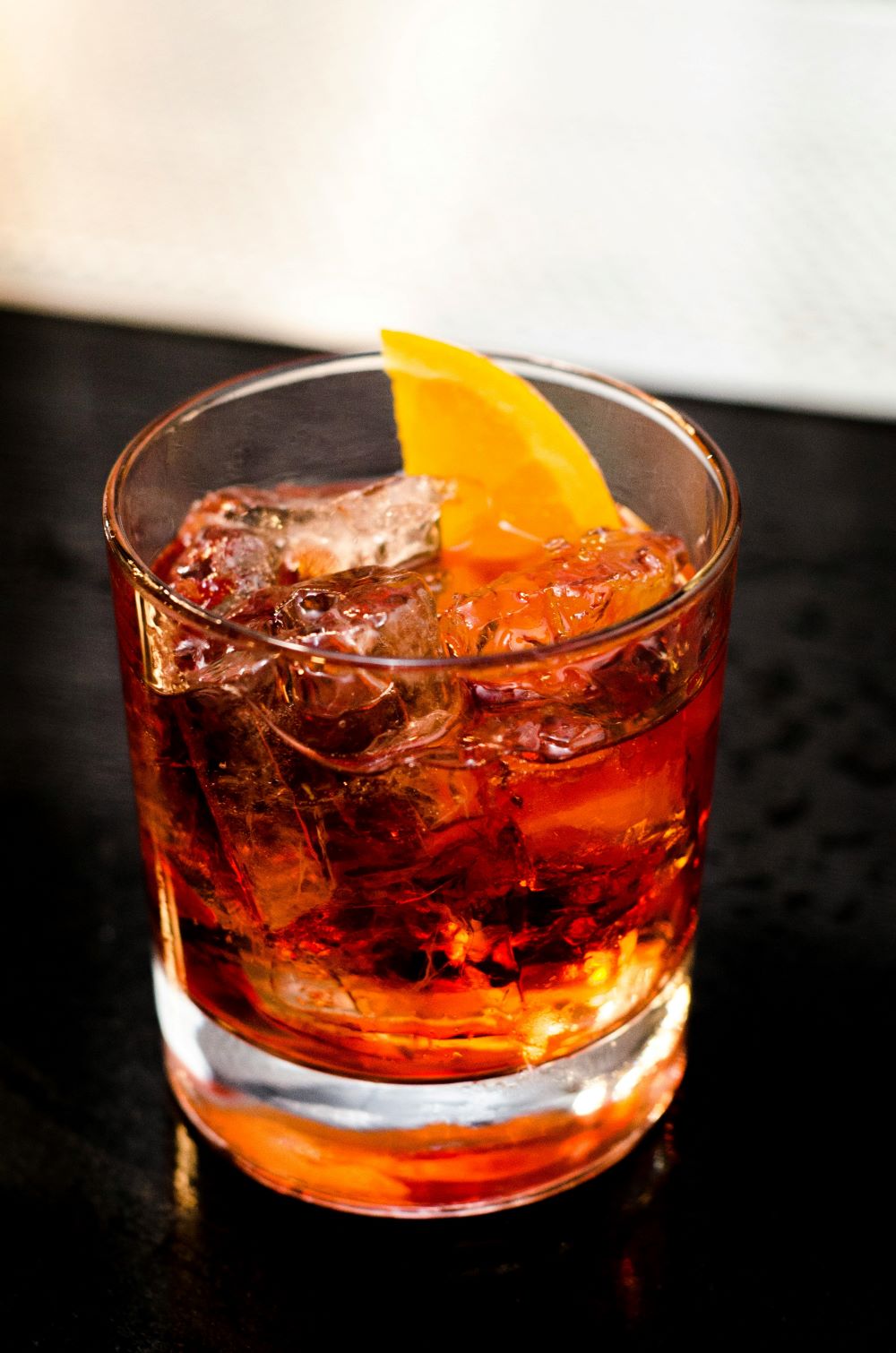Research links alcohol and red meat to higher colorectal cancer risk, while calcium-rich foods protect against it.
A new study conducted by the University of Oxford and several international partners highlights the relationship between diet and the risk of colorectal cancer. The research, involving over half a million women in the UK, found that alcohol and red meat consumption can increase the chances of developing colorectal cancer, while calcium-rich foods, particularly dairy, may offer protective benefits.
Colorectal cancer, the third most common type of cancer worldwide, continues to be a major health concern, with nearly 2 million new cases recorded in 2022 alone. Rates of the disease are higher in wealthier nations, but it is becoming more common in lower-income countries as well. This shift may be tied to changing diets and lifestyles, especially in people who migrate from lower-risk areas to adopt eating habits typical of wealthier regions. Research suggests that certain lifestyle choices, especially dietary habits, play a significant role in the development of this cancer.
The study, published in Nature Communications, analyzed the dietary habits of 542,778 women over an average of 16.6 years. During this period, 12,251 participants were diagnosed with colorectal cancer. The women filled out detailed questionnaires about their eating habits, covering 97 different foods and nutrients. Researchers looked for patterns in the data, factoring in other variables like age, smoking, and family history of cancer.
The study reaffirmed previous findings that alcohol and processed meats, such as bacon and sausage, are linked to higher cancer risk. Drinking just 20 grams of alcohol a day — roughly equivalent to two drinks — raised the risk of colorectal cancer by 15%. Eating just 30 grams of processed meat daily — about a single slice of bacon — increased the risk by 8%.

On the other hand, the study found that calcium appears to have a protective effect against colorectal cancer. This is likely due to calcium’s ability to bind bile acids in the gut, potentially reducing the carcinogenic effects of these acids. The research showed that every additional 300 milligrams of calcium — about the amount in a glass of milk — lowered the risk by 17%. Foods rich in calcium, like milk and yogurt, also correlated with reduced cancer risk. The protective effect of calcium was even more pronounced in women with genetic traits associated with higher milk consumption, who had a 40% lower risk of colorectal cancer for every 200 grams of milk they drank daily.
In addition to dairy, several other foods showed potential benefits in reducing cancer risk. For example, consuming just 20 grams of whole grains daily — about half a slice of whole-grain bread — lowered the risk by 10%. Similarly, eating 200 grams of fruit a day — roughly one cup — reduced the risk by 10%, while eating 40 grams of breakfast cereal daily (about one serving) lowered the risk by 7%. Even something as simple as an apple a day was associated with an 8% lower risk.
Leafy greens and foods high in vitamin C were also linked to a lower risk. Consuming 100 micrograms of folate, found in foods like spinach, every day resulted in a 12% reduction in the risk of developing colorectal cancer. Taking in 100 milligrams of vitamin C, equivalent to the amount found in an orange, reduced the chances of getting the disease by 10%.
While the study found strong links between diet and colorectal cancer risk, it also noted that some of the protective effects weakened when other factors, such as overall healthy lifestyle choices, were considered. For example, people who eat more fiber from fruits and whole grains are often also more likely to engage in other healthy habits like exercising and not smoking, which could influence the results.
The researchers also did further tests to ensure the findings were not skewed by factors like existing undiagnosed cancer cases or other health issues that may affect diet. These additional tests confirmed the associations across different parts of the colon and rectum, showing the consistency of the results.
While the study provides valuable insights, the researchers call for more research to understand exactly how calcium helps protect against colorectal cancer and to better evaluate the health effects of consuming large amounts of calcium. Still, the findings suggest that simple changes to diet, like reducing alcohol and processed meats while increasing calcium-rich foods, could help lower the risk of this common cancer.
Sources:
Alcohol raises colorectal cancer risk while calcium protects, study finds


Join the conversation!